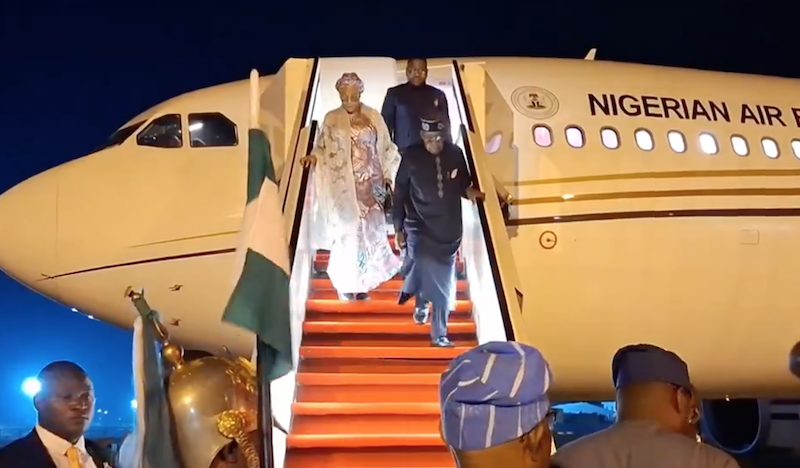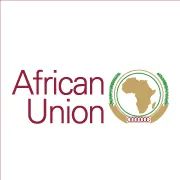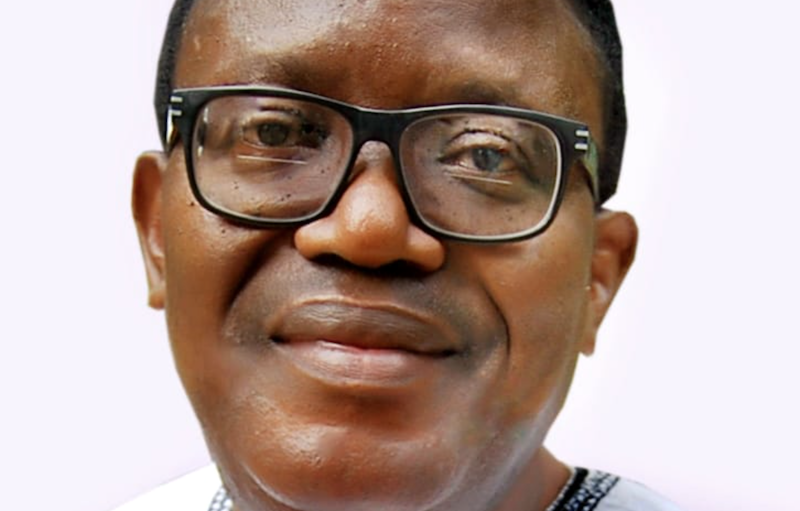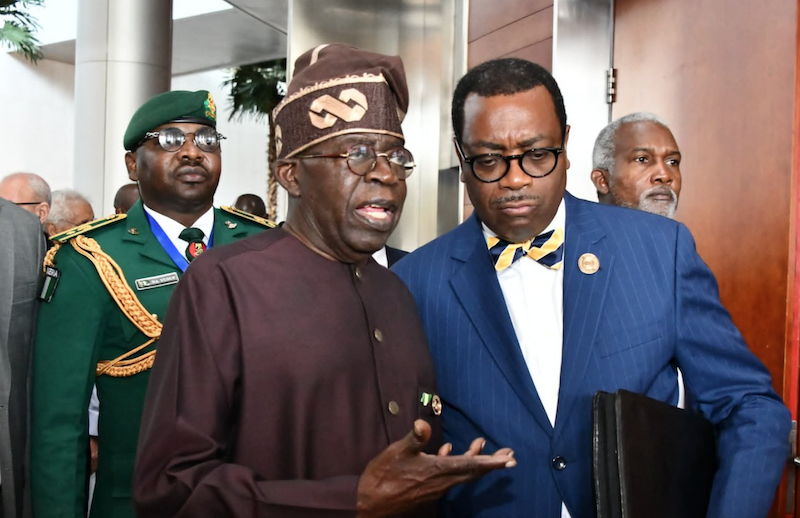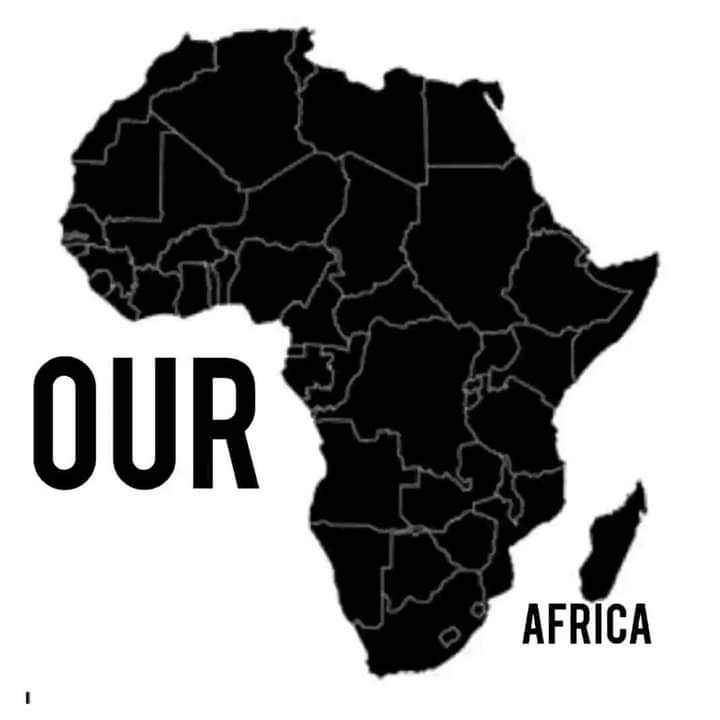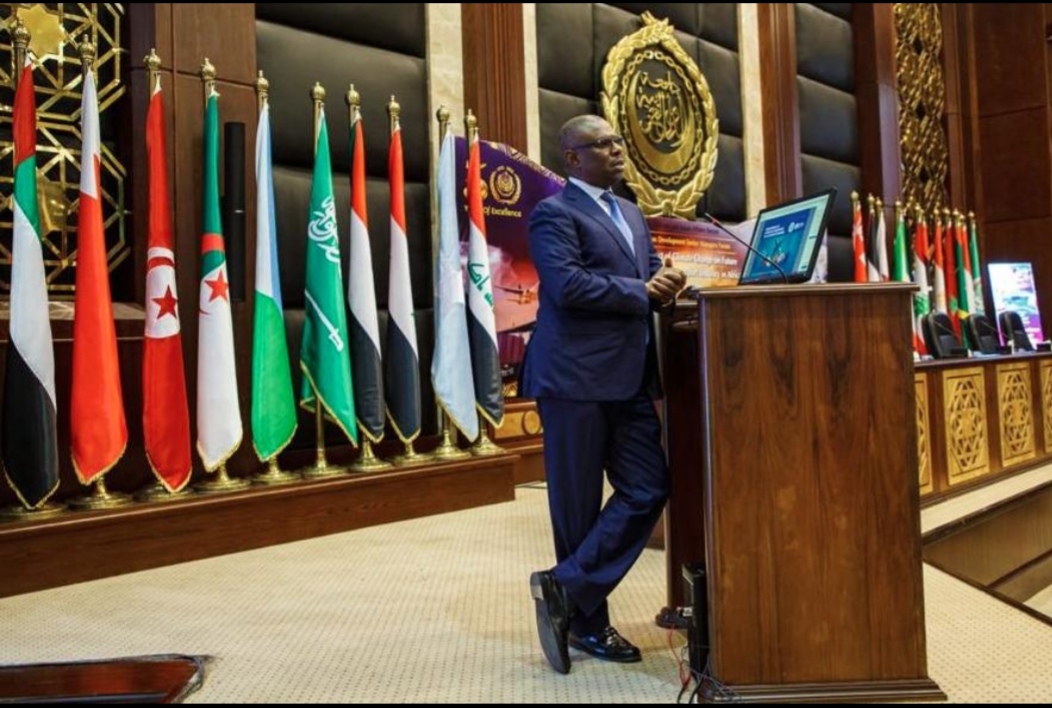The African labour centre, the Organisation of African Trade Union Unity, OATUU, in April 2013, marked its 40th Anniversary. The anniversary lecture was delivered by then African Union Commission Chair, Dr. Nkosazana Dlamini-Zuma.
The trade union centre of the newest country in the world, the South Sudan Workers Trade Union Federation delegation rose up at the conference to invite the continent’s trade unions to meet in Juba.
A few weeks later, as the then OATUU Secretary General, I called the South Sudan labour President, Honourable Sinon Dieng, to arrange the meeting only to find that he had become a refugee in Kenya. There had been political tension in the country and he and some South Sudanese had fled the country. This was the beginning of the country’s civil war which over the next five years, claimed four hundred thousand lives.
The conflicts took the shape of an inter-ethnic fight led by President Salvar Kiir against Vice President Riek Machar. The signal for the current armed conflict was the March 26, 2025 arrest of the former.
Information Minister and Government Spokesman, Michael Makuei Lueth, accused Machar of directing his forces “to rebel against the government with the aim of disrupting peace so that elections are not held and South Sudan goes back to war”.
In response to the arrest, Machar’s SPLM/IO party declared that: “The prospect for peace and stability in South Sudan has now been put into serious jeopardy”. Reath Muoch Tang, Chairman of the party’s foreign relations committee claimed that unclear charges have been brought against Machar in violation of subsisting peace agreements and the constitution.
While the African Union, AU, has sent a peace mission to ensure a de-escalation, the United States, US, has asked President Kiir to free his First Vice President. Its Bureau of African Affairs said: “We urge President Kiir to reverse this action and prevent further escalation of the situation”.
The United Nations Head of Mission in South Sudan, Nicholas Haysom, claimed that barrel bombs believed to contain inflammable liquid had already been used in the latest conflict. He said this had caused significant casualties and horrific burns on peoples in communities across the Upper Nile.
The UN official added that unless the situation is quickly arrested, these events could lead to: “A conflict (which) would erase all the hard-won gains made since the 2018 peace deal was signed… It would devastate not only South Sudan but the entire region, which simply cannot afford another war.”
But Makuei, while confirming the bombings, disputed the UN chief’s claims that non-combatants have been affected: “The bombardment was strictly against White Army positions and did not harm civilians”.
Apparently, the conflict has been internationalised. The Chair of the UN Commission on Human Rights in South Sudan, Yasmin Sooka, claims that Ugandan troops and their battle tanks have crossed into South Sudan, potentially violating the UN arms embargo. The UN seems quite worried by the renewed conflicts as it has an estimated 18,000 peacekeepers in South Sudan.
Machar’s group has made similar allegations. In a statement, it said: “The Ugandan forces are currently taking part in air strikes against civilians in counties of Nasir, Longechuk and Ulang in Upper Nile State, and Akobo County in Jonglei State”.
There had been fighting in the northern Upper Nile state with the armed forces taking on the White Army militia which used to be affiliated with Machar’s forces. So, the government accused the latter of being involved in the fighting.
I am not surprised about the renewed conflict in South Sudan. In my March 4, 2016 column titled ‘The Butchers of Juba’, I had analysed that: “The crisis and its seeming intractable nature are due to a combination of personal ambition, the rich oil resource of South Sudan, national interests of neigbours like Uganda and the lack of a pan-national agenda.”
I had concluded that the UN and AU need to be empowered to enforce peace. And that: “There will never be a solution unless the butchers in South Sudan are made aware that they face arrest and prosecution for crimes against humanity, if they refuse or fail to allow peace reign in the country.” Unless these steps are taken, peace is likely to elude South Sudan for a long time.
South Sudan until 2005 was part of Sudan. The breakup of that country has merely led to new fault lines. So a further split of South Sudan on whatever lines would be no solution, and may lead to further splits. The solution is to rein in Kiir and Machar, evolve a self-governing system based on democratic values and the sovereignty of the people of the country. There is also the need to check the meddlesomeness of foreign powers and neigbouring countries.
In the case of Sudan, the spiralling armed conflict that has led to the on-going massacres and the split of the country into two, is mainly due to the incomplete mass uprising which terminated the al-Bashar regime, and the right wing counter-coup.
The Sudanese Armed Forces, SAF, headed by General Abdel Fattah al-Burhan, and the Rapid Support Forces, RSF, led by General Mohammed Hamdan Dagalo alias Hemedti, had conspired to abort the peoples’ democratic movement by overthrowing the transition Sudanese government and dividing the country as spoils of war.
The RSF had evolved from the Janjaweed, a vicious militant group that was used for ethnic cleansing in Darfur in which over 200,000 people were killed.
The European Union then strengthened the RSF by funding it in return for the militia using force to stop immigrants crossing into Europe through the Red Sea.
In the struggle for power between the two groups, Iran has thrown its weight behind the army, while the United Arab Emirates, UAE, has provided funds and arms for the RSF. The rival groups had begun fighting on April 15, 2023. Since then, over 150,000 Sudanese have been killed and some 14 million displaced.
Given the fact that both sides rely on various countries, the AU or the UN, levelling on this, need to convene an international peace conference that can force a ceasefire. Negotiations should include what is left of the civil groups. A transition agreement needs be reached which would lead to a civil democratic process. The alternative would be both groups fighting until one side is broken. That may not be in the immediate, and the remnants of the defeated side may continue the conflict at the various levels, including banditry.
Whatever the case, the alpha males of South Sudan and Sudan: President Salvar Kiir, Riek Machar and Generals al-Burhan and Mohammed Hamdan Dagalo, need to be brought to justice for the senseless wars in their countries.

